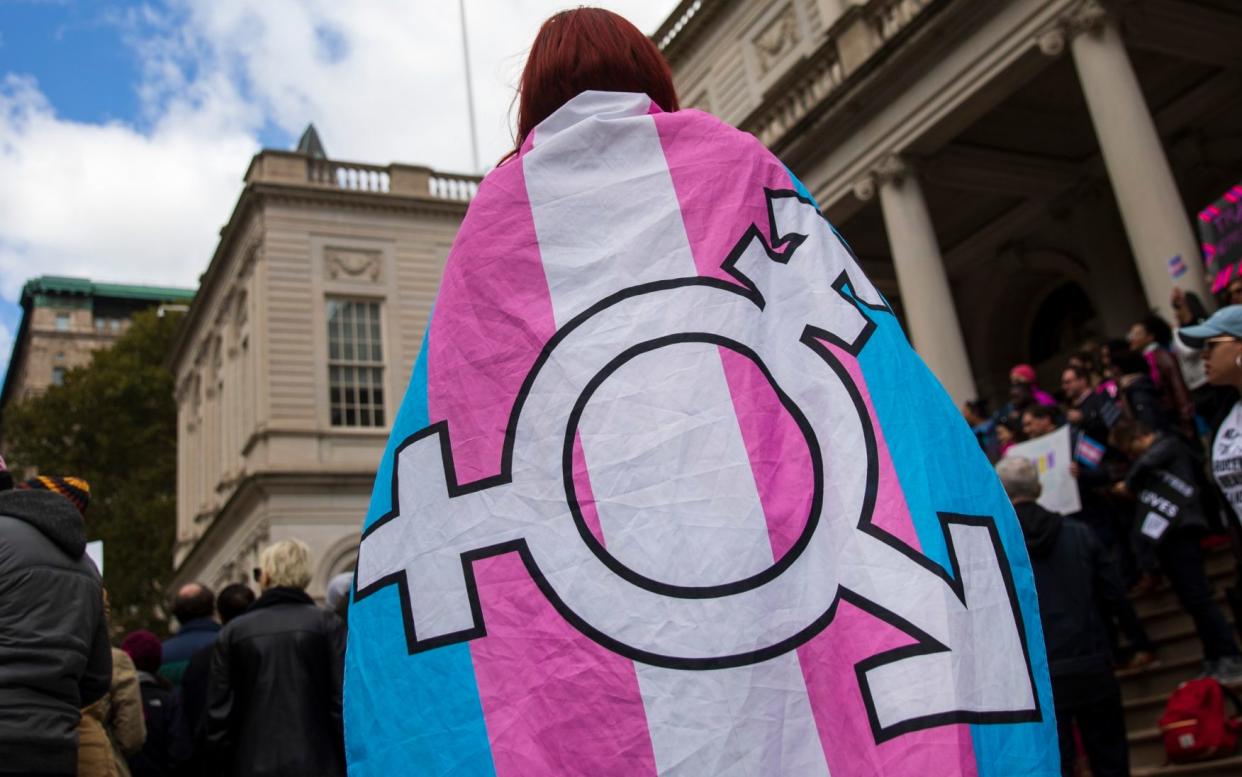Transgender people up to six times more likely to be on autism spectrum, Cambridge study says

Transgender people are up to six times more likely to be on the autism spectrum than their cisgender counterparts, a Cambridge University study has suggested.
Scientists at Cambridge's autism research centre analysed data from 600,000 adults, drawn from five different datasets. These included a dataset of more than 500,000 individuals collected as a part of the Channel 4 documentary "Are You Autistic?".
Participants had provided information about their gender identity and whether they received a diagnosis of autism or other psychiatric conditions such as depression or schizophrenia.
They also completed a measure of autistic traits and researchers found that, across all five datasets, transgender and gender-diverse adult individuals were between three and six times more likely to indicate that they were diagnosed as autistic than cisgender individuals.
Gender-diverse is the umbrella term used to describe those whose gender identity or role does not correspond to the sex assigned to them at birth. Cisgender describes a person whose gender identity corresponds with their birth sex.
Around 1.1 per cent of the UK population is estimated to be on the autistic spectrum, and the research suggests that somewhere between 3.5 per cent and 6.5 per cent of transgender and gender-diverse adults are on the autistic spectrum.
The study, published in the journal Nature Communications, investigated the co-occurrence between gender identity and autism. It did not investigate whether one causes the other.
According to the research, transgender and gender-diverse individuals were also more likely to indicate that they had received diagnoses of mental health conditions, particularly depression, which they were more than twice as likely to have experienced than their cisgender counterparts.
On average, transgender and gender-diverse individuals also scored higher on measures of autistic traits compared to cisgender individuals, regardless of whether they had an autism diagnosis.
Dr Meng-Chuan Lai, a collaborator on the study at the University of Toronto, said: "We are beginning to learn more about how the presentation of autism differs in cisgender men and women.
"Understanding how autism manifests in transgender and gender-diverse people will enrich our knowledge about autism in relation to gender and sex. This enables clinicians to better recognise autism and provide personalised support and healthcare."
Professor Simon Baron-Cohen, the director of the Autism Research Centre at Cambridge, said: "Both autistic individuals and transgender and gender-diverse individuals are marginalised and experience multiple vulnerabilities.
"It is important that we safeguard the rights of these individuals to be themselves, receive the requisite support, and enjoy equality and celebration of their differences, free of societal stigma or discrimination."

 Yahoo News
Yahoo News 
